Following its controversial announcement of policy changes for popular game development software Unity—which included a proposed “Runtime Fee” that would charge developers who use the software a fee every time someone downloaded their games—the company has now apologized to its community via an open letter today.
“I want to start with this: I am sorry,” Unity Create leader Marc Whitten wrote in the letter. “We should have spoken with more of you and we should have incorporated more of your feedback before announcing our new Runtime Fee policy. Our goal with this policy is to ensure we can continue to support you today and tomorrow, and keep deeply investing in our game engine.”
After the Runtime Fee policy was originally announced earlier this month, hundreds of developers immediately reacted negatively to the proposal, noting how it could easily put them into debt for having people download their games. This outcry led to over 500 developers coming together to boycott Unity ads and IronSource SDK until Unity agreed to renegotiate the upcoming terms.
The open letter from Unity is not necessarily a full concession to negotiating with creators, but it does outline more specifics about the policy and highlights some changes the company was willing to make based on feedback.
The open letter highlights that people using Unity Personal will not be charged the Runtime Fee at all, and Unity Personal will remain free while also having its revenue cap increased from $100,000 to $200,000. Additionally, games with under $1 million in trailing 12-month revenue won’t be subject to the fee.
For users working with Unity Pro and Unity Enterprise, Whitten said the policy will apply as follows: “The Runtime Fee policy will only apply beginning with the next LTS version of Unity shipping in 2024 and beyond. Your games that are currently shipped and the projects you are currently working on will not be included – unless you choose to upgrade them to this new version of Unity.
“For games that are subject to the runtime fee, we are giving you a choice of either a 2.5% revenue share or the calculated amount based on the number of new people engaging with your game each month. Both of these numbers are self-reported from data you already have available. You will always be billed the lesser amount.”
Whitten also invites Unity users to join him for a “fireside chat” hosted by Jason Weimann today at 3pm CT, where he will “do [his] best to answer your questions.” He also linked out to a blog post about planned Unity pricing changes.



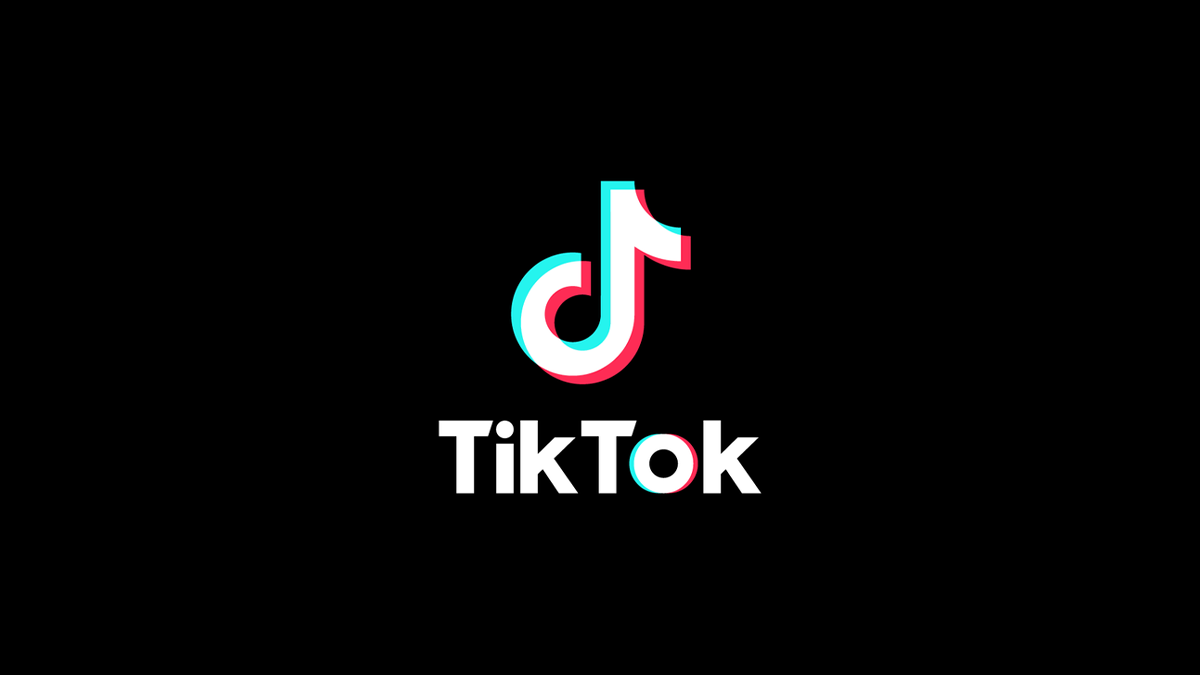

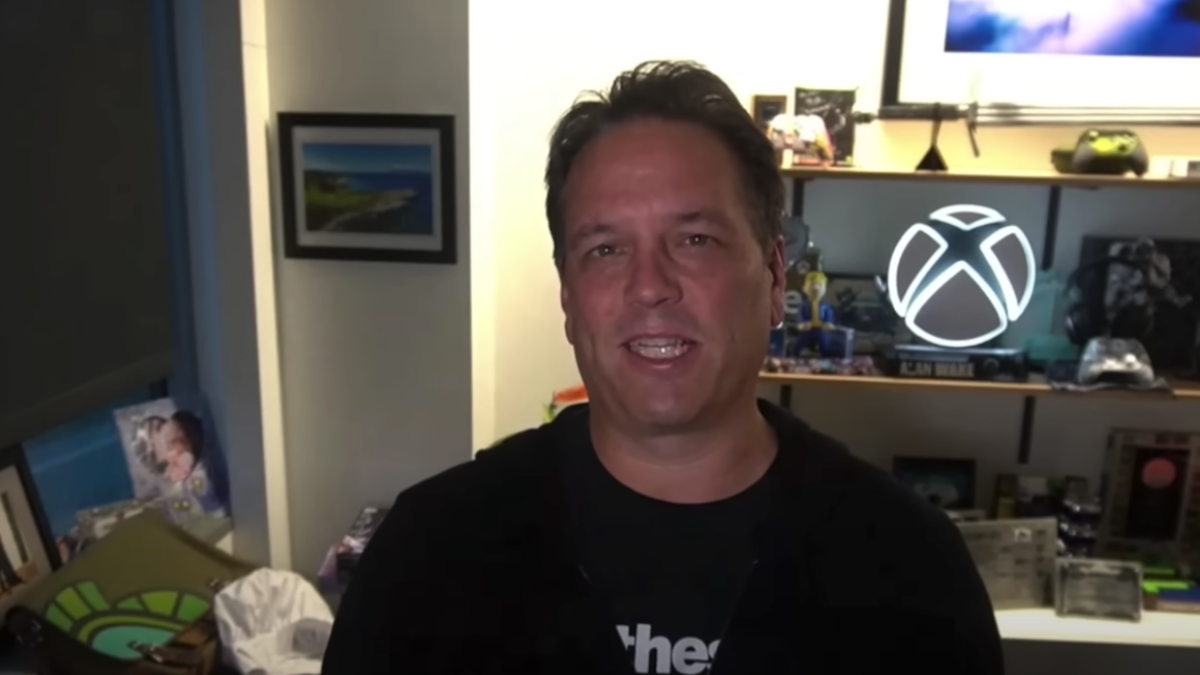

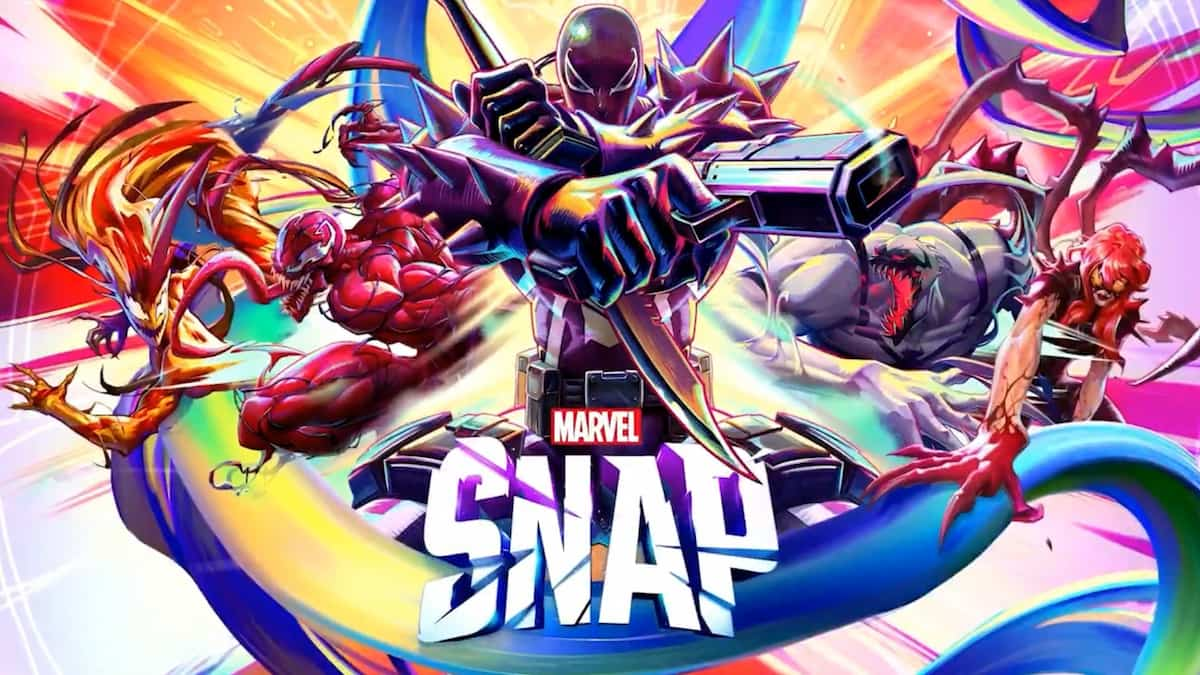
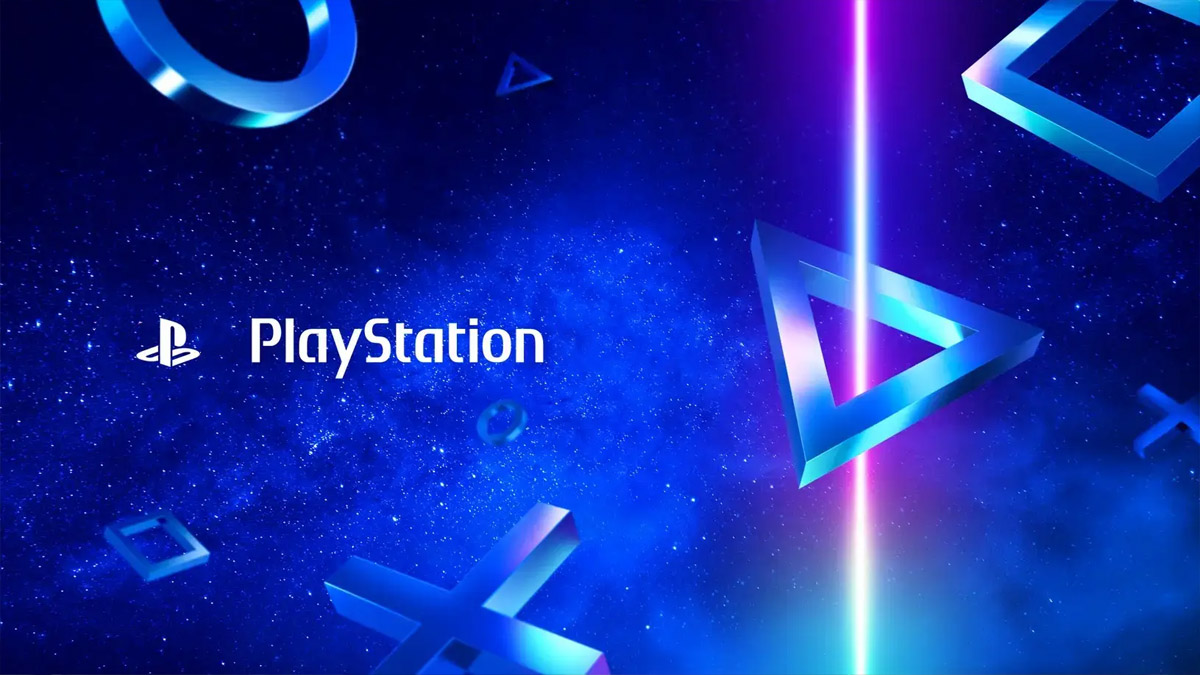

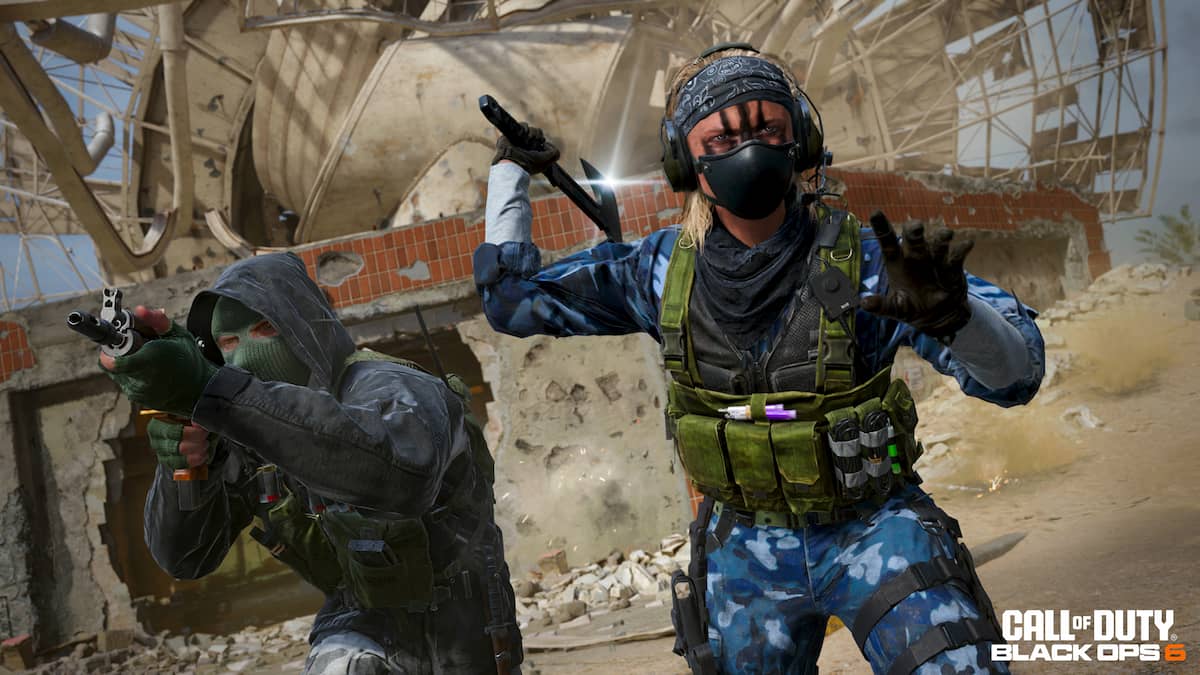
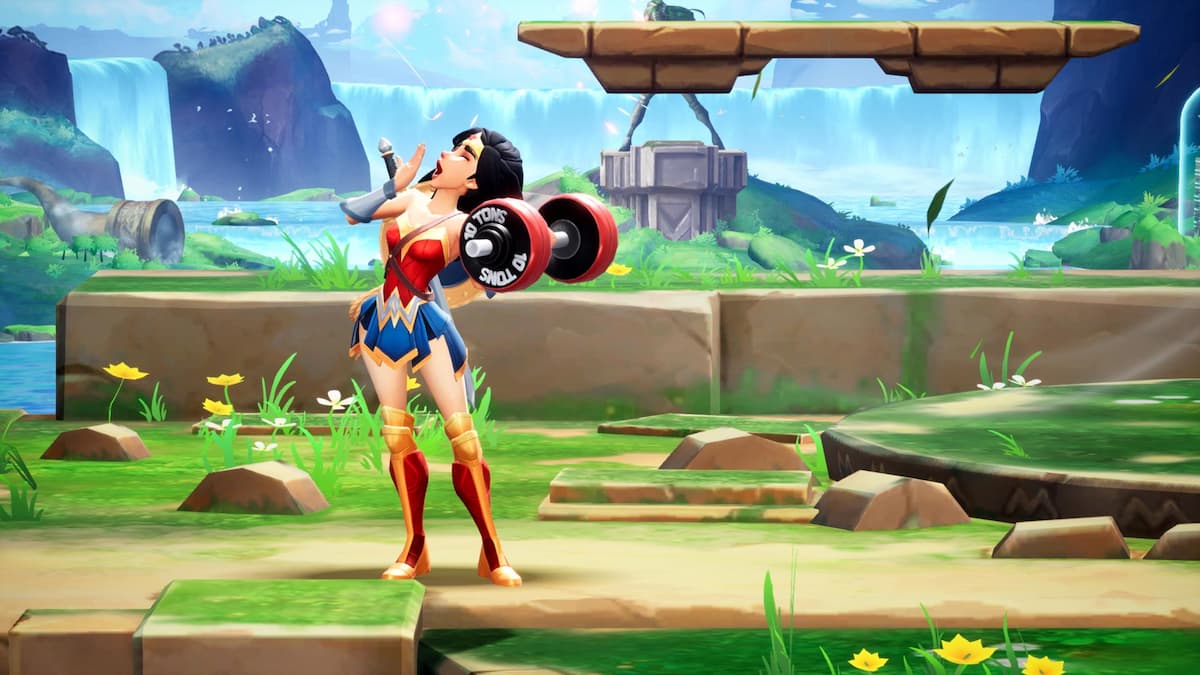
Published: Sep 22, 2023 01:01 pm